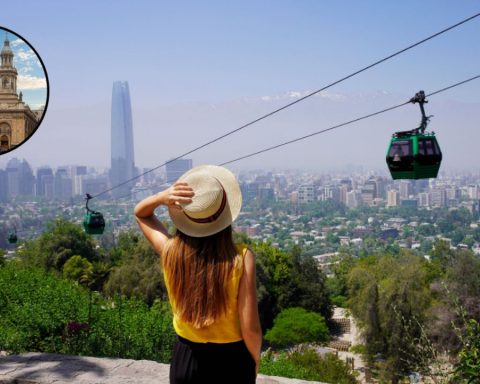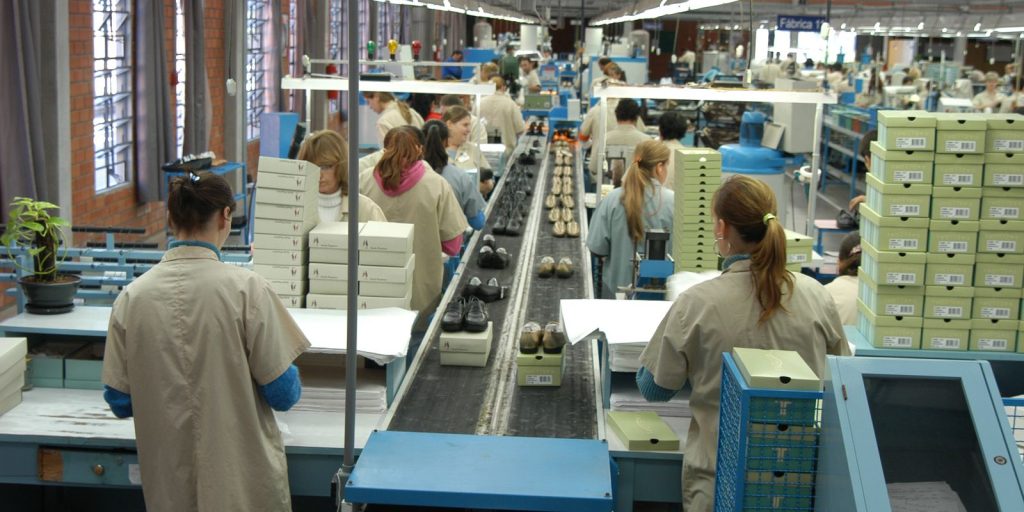Deputy Vlado Mirosevic (PL) addressed the “Agreement for Chile” that gives a second wind to the Chilean constitutional process. Specifically, the President of the Chamber of Deputies, referred to the role of the Expert Commission that will prepare a first draft of the New Constitution, which will then go through the Constitutional Council and from there to the Admissibility Technical Committee.
It is worth mentioning that, while the Constitutional Council will be made up of 50 people elected by popular vote –under the same rules applied to the Senate–, there will be an Expert Commission made up of 24 people with “indisputable professional trajectory”. 12 of them will be elected by the Lower House and the Senate will appoint the other half. This Commission will be in charge of drafting a draft that will serve as the basis for discussion and drafting of the new constitutional text.
You may also like:
in conversation with The Counter in La Clavethe deputy Mirosevic, along with assessing the agreement reached after 99 days of talks, specified that “an intermediate formula was sought, where the 100% elected body is the one that has sovereignty for the drafting of the regulations”, while the experts “they accompany, recommend, and ultimately have the capacity to make observations in a mixed commission, although probably -he added- there will be very few regulations that reach that instance”.
The parliamentarian and head of the Lower House stressed that the 100% elected body gives legitimacy to the process. Meanwhile, he stressed that “for others it was very important that experts have participation, although not with the right to vote.” In any case, Mirosevic maintained that the interference of the experts is going to be relevant. “The draft is a proposal, a recommendation that the experts make to the plenary, to those elected, from where the debate should start,” he explained.
Deputy Mirosevic reiterated that the draft is a recommendation that the experts will make to the 100% elected plenary session and clarified that it “is not binding”, since “the blank sheet continues to exist”.
“If the plenary session says that the experts do not like the first article, they can completely reject it and it does not remain in the Constitution, they can modify it or they can approve it as proposed by the experts,” explained Vlado Mirosevic, establishing the similarity that will have the process with the legislative procedures.
“It is like a project that reaches Congress. If this does not achieve a quorum, the norm is not left and it is not approved and it is not a Law. Here, the same thing happens. If 3/5 are not achieved in plenary, the The recommendation proposed by the experts is not approved,” said the liberal militant.
“The blank page continues to exist and the criticism seems exaggerated to me,” he concluded.















